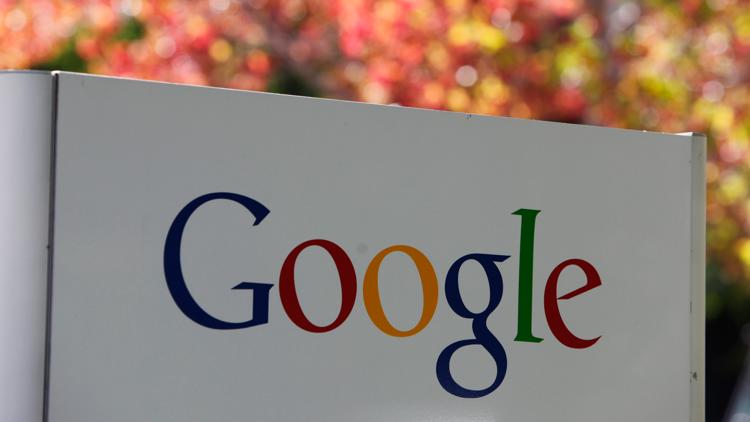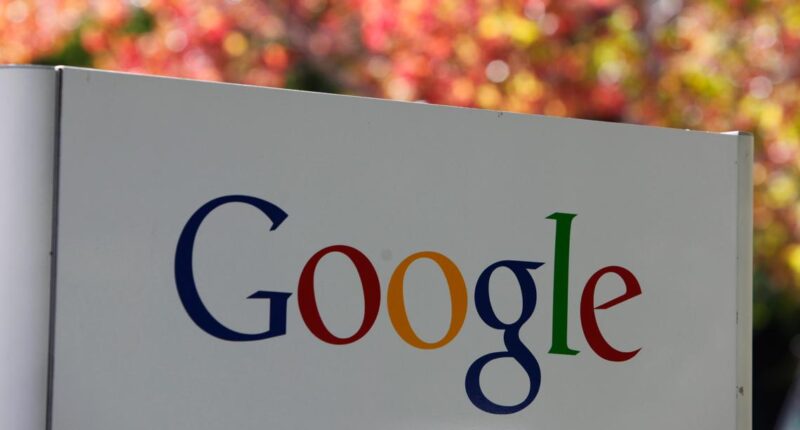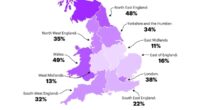
Various parties, including tech giants, legal experts, and small businesses, have expressed their opinions on the case, warning against the proposed modifications to Google’s operations by the Department of Justice.
Google is headed back to federal court on Friday to defend itself against the U.S. Justice Department’s efforts to dismantle its online dominance while simultaneously managing a significant transition to artificial intelligence that may weaken its influence.
The challenges Google is confronting, both legally and technologically, will be thoroughly examined during the final arguments of a legal process that will determine the regulatory measures imposed on the company following the ruling by U.S. District Judge Amit Mehta, who deemed its dominant search engine an unlawful monopoly last year.
Brandishing evidence presented during a recent three-week stretch of hearings, Justice Department lawyers will attempt to persuade Mehta to order a radical shake-up that includes a ban on Google paying to lock its search engine in as the default on smart devices and an order requiring the company to sell its Chrome browser.
Google lawyers are expected to assert only minor concessions are needed, especially as the upheaval triggered by advances in artificial intelligence already are reshaping the search landscape, as alternative, conversational search options are rolling out from AI startups that are hoping to use the Department of Justice’s four-and-half-year-old case to gain the upper hand in the next technological frontier.
“Over weeks of testimony, we heard from a series of well-funded companies eager to gain access to Google’s technology so they don’t have to innovate themselves,” Lee-Anne Mulholland, Google’s vice president of regulatory affairs, wrote in a blog post earlier this month. “What we didn’t hear was how DOJ’s extreme proposals would benefit consumers.”
After the day-long closing arguments, Mehta will spend much of the summer mulling a decision that he plans to issue before Labor Day. Google has already vowed to appeal the ruling that branded its search engine as a monopoly, a step it can’t take until the judge orders a remedy.
While both sides of this showdown agree that AI is an inflection point for the industry’s future, they have disparate views on how the shift will affect Google.
The Justice Department contends that AI technology by itself won’t rein in Google’s power, arguing additional legal restraints must be slapped on a search engine that’s the main reason its parent company, Alphabet Inc., is valued at $2 trillion.
Google has already been deploying AI to transform its search engine i nto an answer engine, an effort that has so far helped maintain its perch as the internet’s main gateway despite inroads being made by alternatives from the likes of OpenAI and Perplexity.
The Justice Department contends a divestiture of the Chrome browser that Google CEO Sundar Pichai helped build nearly 20 years ago would be among the most effective countermeasures against Google continuing to amass massive volumes of browser traffic and personal data that could be leveraged to retain its dominance in the AI era. Executives from both OpenAi and Perplexity testified last month that they would be eager bidders for the Chrome browser if Mehta orders its sale.
The debate over Google’s fate also has pulled in opinions from Apple, mobile app developers, legal scholars and startups.
Apple, which collects more than $20 billion annually to make Google the default search engine on the iPhone and its other devices, filed briefs arguing against the Justice Department’s proposed 10-year ban on such lucrative lock-in agreements. Apple told the judge that prohibiting the contracts would deprive the company of money that it funnels into its own research, and that the ban might even make Google even more powerful because the company would be able to hold onto its money while consumers would end up choosing its search engine anyway. The Cupertino, California, company also told the judge a ban wouldn’t compel it to build its own search engine to compete against Google.
In other filings, a group of legal scholars said the Justice Department’s proposed divestiture of Chrome would be an improper penalty that would inject unwarranted government interference in a company’s business. Meanwhile, former Federal Trade Commission officials James Cooper and Andrew Stivers warned that another proposal that would require Google to share its data with rival search engines “does not account for the expectations users have developed over time regarding the privacy, security, and stewardship” of their personal information.
The App Association, a group that represents mostly small software developers, also advised Mehta not to adopt the Justice Department’s proposed changes because of the ripple effects they would have across the tech industry.
Hobbling Google in the way the Justice Department envisions would make it more difficult for startups to realize their goal of being acquired, the App Association wrote. “Developers will be overcome by uncertainty” if Google is torn apart, the group argues.
Buy Y Combinator, an incubator that has helped create hundreds of startups collectively worth about $800 billion filed documents pushing for the dramatic overhaul of Google, whose immense power has discouraged venture capitalists from investing in areas that are considered to be part of the company’s “kill zone.”
Startups “also need to be able to get their products into the hands of users, free from restrictive dealing and self-preferencing that locks up important distribution channels. As things stand, Google has locked up the most critical distribution channels, freezing the general search and search text advertising markets into static competition for more than a decade,” Y Combinator told Mehta.
Copyright 2025 Associated Press. All rights reserved. This material may not be published, broadcast, rewritten, or redistributed.
















